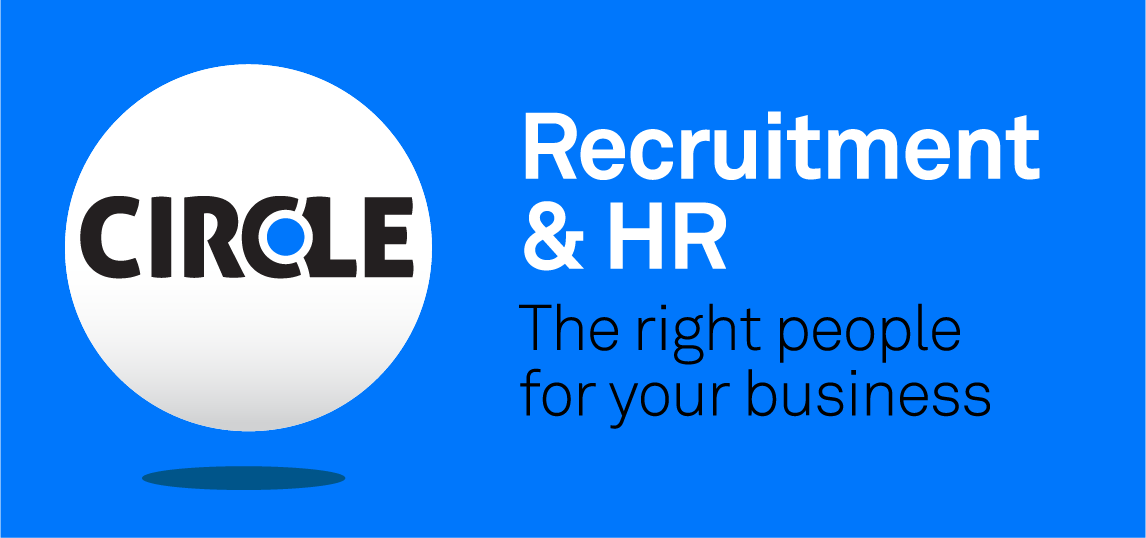The recruitment landscape has evolved significantly these past few years, most notably in the digital automation space. With the rise of automated recruitment processes, job seekers are starting to wonder which of their practices are still relevant in today’s market.
A question we’re asked a lot is whether or not there is a point to creating and submitting a cover letter anymore – good question!
The traditional purpose of a cover letter was for a candidate to introduce themselves, explain their motivation for applying and highlight why they are THE ONE. It gave employers insight into a candidate’s enthusiasm, written communication skills and additional resume context, but is it still valued in the recruitment process?
No?
One might argue that the growing prevalence of online job applications and keyword ‘skimming’ in resumes reduces cover letters to an after-thought, thus losing their relevance.
Our Health and Temp Desk Recruiter Tanya is; “as employers are becoming increasingly focused on efficiency, cover letters are seen as outdated and time consuming, especially if they are just restating the information already in CV.”
Additionally, in today’s market employers now have access to a range of tools for evaluating candidates beyond their CV. These include skill assessments, work samples, reference and social media checks etc. making cover letters perhaps seem rather obsolete.
Yes?
Cover letters allow a candidate to accentuate their soft skills, including personality, values and how well they fit into the business.
One might argue that growing automation creates the need for that personalisation. One of our Recruitment & HR Consultans Sofia says; “a cover letter can still hold value, but only when done in a thoughtful and personalised manner”.
When reviewing hundreds of applications, anyone can appreciate a candidate who took that little bit of extra time to tailor their cover letter to a specific role/company. It displays a genuine effort to understand and show interest in the role, which can have the ability to set candidates apart from others. Plus, if a candidate displays a willingness to go that little bit further, it demonstrates that they are likely to do the same in their role.
In addition to this, cover letters are beneficial in addressing any unique circumstances that a hiring manager may question in a CV e.g. career gaps, unusual transitions etc. This context may prove to be an essential mitigation for the potential concerns by recruiters or employers.
Our MD also wades into the discussion pointing out that your cover letter is also another avenue for hammering home those keywords that are listed in the advertisement and that you should address in your response – all employers are looking for those key words!
Get your cover letter together!
While the recruitment landscape has undergone significant changes as of late, cover letters still hold relevance in today’s job market. Although we can’t guarantee that everyone you meet will read your cover letter, make one anyway!
Utilise the chance to stand out from the crowd! Once you have a good, customisable template, you have yourself the competitive edge that could take you over the line.
Not too sure where to start with your cover letter? Contact our Career Coach Maria on 1300 923 000 or drop us an email to .
Career Coach
Maria holds a Bachelor of Science, with a Psychology major and a Master of Applied Science (Psychology of Coaching) from the University of Sydney. She has a background in Human Resources and Career Planning with Westpac, worked as a Training & Development Consultant with Psychological Assessments Australia, and spent some years working with CIRCLE Recruitment & HR. Take a look at her services to see how she can help you!
Important Note: These articles have been prepared for general circulation and are circulated for general informational purposes only; these articles should not be regarded as business or investment advice. The articles represent the views of the writers and are subject to change without notice. Additionally, while every care has been taken in the preparation of the articles no representation or warranty as to accuracy or completeness of any statement is given. An individual or organisation should, before any business or investment decision is made, consider the appropriateness of the information in this document, and seek professional advice, having regard to objectives, situation and needs. This document is solely for the use of the party to whom it is provided.

